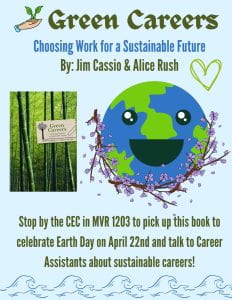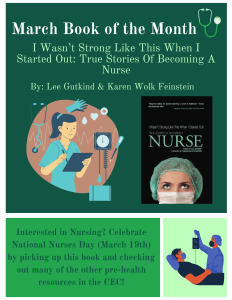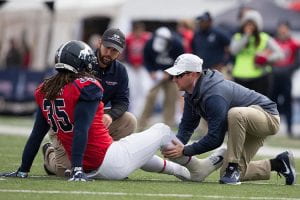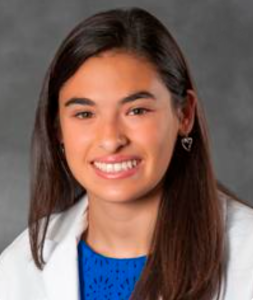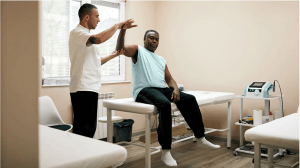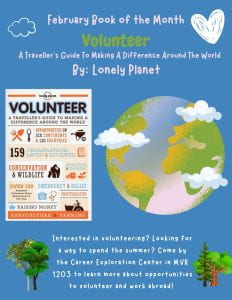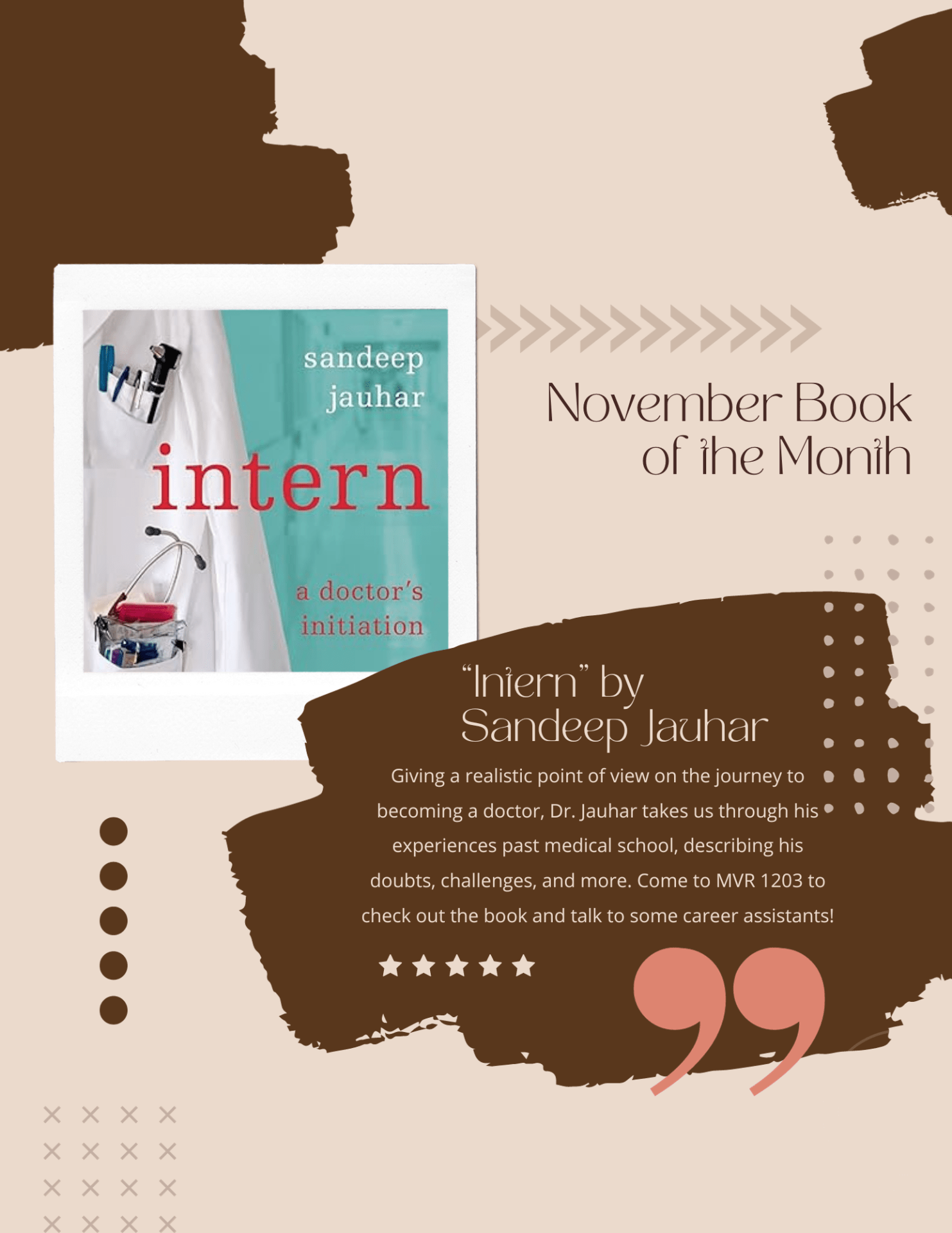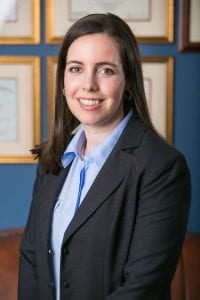
Dr. Eden Rauch is a double board-certified Reproductive Endocrinologist and Obstetrician Gynecologist who has always had a natural desire to help people.
Dr. Rauch earned her undergraduate degree at Cornell University in Ithaca, New York with honors in Nutritional Sciences. Her background in nutrition has been helpful throughout her medical career in counseling and promoting wellness with her patients. She went on to continue her education at Robert Wood Johnson Medical School in New Brunswick, New Jersey. She enrolled in a combined degree program for Public Health earning her a degree in medicine and a master’s in public health MPH in Epidemiology, and was involved in starting NJ’s first registry to track early ultrasound-diagnosed fetal anomalies. Dr. Rauch went on to pursue her interest, completing her residency in Obstetrics and Gynecology and her fellowship in Reproductive Endocrinology and Infertility at New York Presbyterian Hospital – Weill Medical College of Cornell University. In fellowship, Dr. Rauch was involved with starting an FDA-approved fertility preservation clinical trial for women affected with breast cancer. After residency and fellowship training in New York City, Dr. Rauch returned to her home state of NJ and joined a very busy fertility center in central NJ. She is responsible for helping families bring hundreds of new lives into the world.
Dr. Rauch’s compassionate approach to medicine has earned her several distinctions including the Vitals.com Compassionate Doctor Recognition and the Gold Humanism in Medicine honors.
Dr. Rauch has authored and contributed to numerous articles in peer-reviewed medical journals including Fertility and Sterility, American Journal of Obstetrics and Gynecology, and Obstetrical & Gynecological Survey.
Her areas of interest include improving infertility diagnosis and treatment, particularly in the areas of fertility preservation for patients with cancer, ovarian reserve screening and the treatment of diminished ovarian (egg) reserve in young poor responders, polycystic ovarian syndrome (PCOS), nutrition and its impact on health and infertility, and minimally invasive endoscopic surgery.
Q: What is it like to be a reproductive endocrinologist? Could you tell me more about yourself?
A: Reproductive Endocrinology and Infertility (REI) is a specialty within Obstetrics and Gynecology that focuses on hormones and their impact on the reproductive lifespan which include menarche, puberty, the reproductive period, and the menopausal transition. As a reproductive endocrinologist, I can treat a diverse population of patients and address problems that may interfere with normal hormonal reproductive physiology and fertility. The infertility component addresses patients who are actively trying to grow their families and require medical assistance. In addition, we can help patients preserve their fertility. As REI’s, our days start very early; you must be a “morning person!” The field is full of clinical patient encounters, office-based procedures, minimally invasive surgeries, and ultrasound examinations. Some examples of the hormonal conditions that we treat include amenorrhea which is the abnormal cessation of menstruation, hormonal dyscrasias such as polycystic ovarian syndrome, insulin resistance, hypogonadism often resulting from low body mass index, reproductive congenital anatomic disorders, pituitary tumors, and premature menopause. Some of our work overlaps with general endocrinologists, but we tend to focus on areas that directly impact the reproductive cycle. Compassion, patience, dedication, innovation, and good listening skills are important qualities for successful physicians in this field.
I am a double board-certified Obstetrician-Gynecologist, Reproductive Endocrinologist, and Infertility specialist in New Jersey. I graduated from the Division of Nutritional Sciences in Human Ecology with honors in 1998. I went directly to medical school after graduating from Cornell where I completed a combined MPH/MD program at Rutgers Medical School and UMDNJ School of Public Health. I completed my 4 year residency in Obstetrics and Gynecology (OB-GYN) and a 3-year sub-specialty fellowship in Reproductive Endocrinology and Infertility at Weill Cornell Medical Center. After 7 years of training in New York City, I returned to my home state of NJ and joined a very busy fertility center in central NJ. I have helped couples and patients grow their families by helping to bring hundreds of new lives into this world. I grew up in New Jersey, enjoying music and the arts. I enjoy going to Broadway shows and experiencing the Lincoln Center NY Philharmonic. I have played the violin for many years, striking my interest in classical music.
Q: What was your CHE experience like? What were you involved in during your undergraduate years?
A: I had an extremely rewarding undergraduate CHE experience. I am truly grateful for the opportunity I had to explore the various courses and opportunities that CHE had to offer. I started as a Human Biology, Health, and Society major but I took an introductory Nutritional Sciences class and became intrigued with Nutritional Sciences. I switched my major to Nutritional Sciences wherein I had the opportunity to delve deeper into the subject matter. I loved being at the forefront of how nutrition impacted public health. During those years, I had the privilege of learning from professors who were making valuable contributions and discoveries to the field of Nutritional Sciences. My advisor, a MD-PhD in the department, guided me and helped me to navigate my career path. He introduced me to basic science research in the university and nutritional public policy in Washington, D.C. I focused heavily on research. At the end of my first year, I was part of a laboratory at the Cornell College of Veterinary Medicine wherein I studied the deprivation of blood flow and nutrition to fetuses in the pregnant ewe model. I participated in fetal surgeries on sheep, learned how to perform basic science hormonal assays, and presented my research as an honors thesis. In addition, I spent time in Washington, D.C. at the Institute of Medicine assisting in writing nutritional policy guidelines for the elderly population.
Q: What resources provided by Cornell guided you the most in your career exploration as an undergraduate student?
A: Relationships with my professors and peers guided me the most in my career exploration as an undergraduate student. Because the College of Human Ecology is a smaller college within Cornell, it fosters relationship-building with professors. For example, there was a visiting professor that I worked with who I still keep in touch with to this day. By building and maintaining these relationships, it allows for continuous learning, collaboration, and more opportunities.
Q: How has your degree in Nutritional Sciences prepared you for your career?
A: Medicine and Nutritional Sciences go hand-in-hand. Because of my background in Nutritional Sciences, when I took nutrition courses in medical school, it was not all new information. In my career, I can cater more to patients’ needs such as informing pregnant anemic and/or intolerant patients about supplements and foods that may improve their overall well-being and success with fertility and pregnancy. Nutritional Sciences is a great bonus!
Q: Do you have any advice for undergraduate students who are trying to figure out what they want to do in the future? What advice would you give to your undergraduate self?
A: Explore as much as possible. Explore the classes, explore the campus, and just be as involved as you can be in areas that may interest you. Keep an open mind; you never know what you may encounter. Take courses that interest you which you may never have the opportunity to take again. Meet with professors. They can give you advice and help you explore your interests. Get involved early so that you have more time to explore and delve deeper into what excites you. Explore spaces in Cornell that you typically would not visit and consider staying over the summer. Cherish your years at Cornell and try to take it all in!
Q: How was the transition from undergraduate to graduate school? Can you talk more to your experience(s)?
A: I went directly to medical school from undergraduate school and it was a smooth transition. I had some colleagues from Cornell that attended my medical school so it was great to see some familiar faces. Medical schools now focus more on postgraduate real-world experiences before admission; which was different for me when I applied to medical school.
Q: Do you have any advice for those interested in going to graduate school? What advice would you give to your graduate self?
A: Spend time with people in your field of interest. Connect with alumni and other individuals that you admire. Take courses that interest you. Try to gain some fieldwork experience. Be mindful of unique opportunities. Have an open mind and be resilient. There are many different paths to get to the same place.

